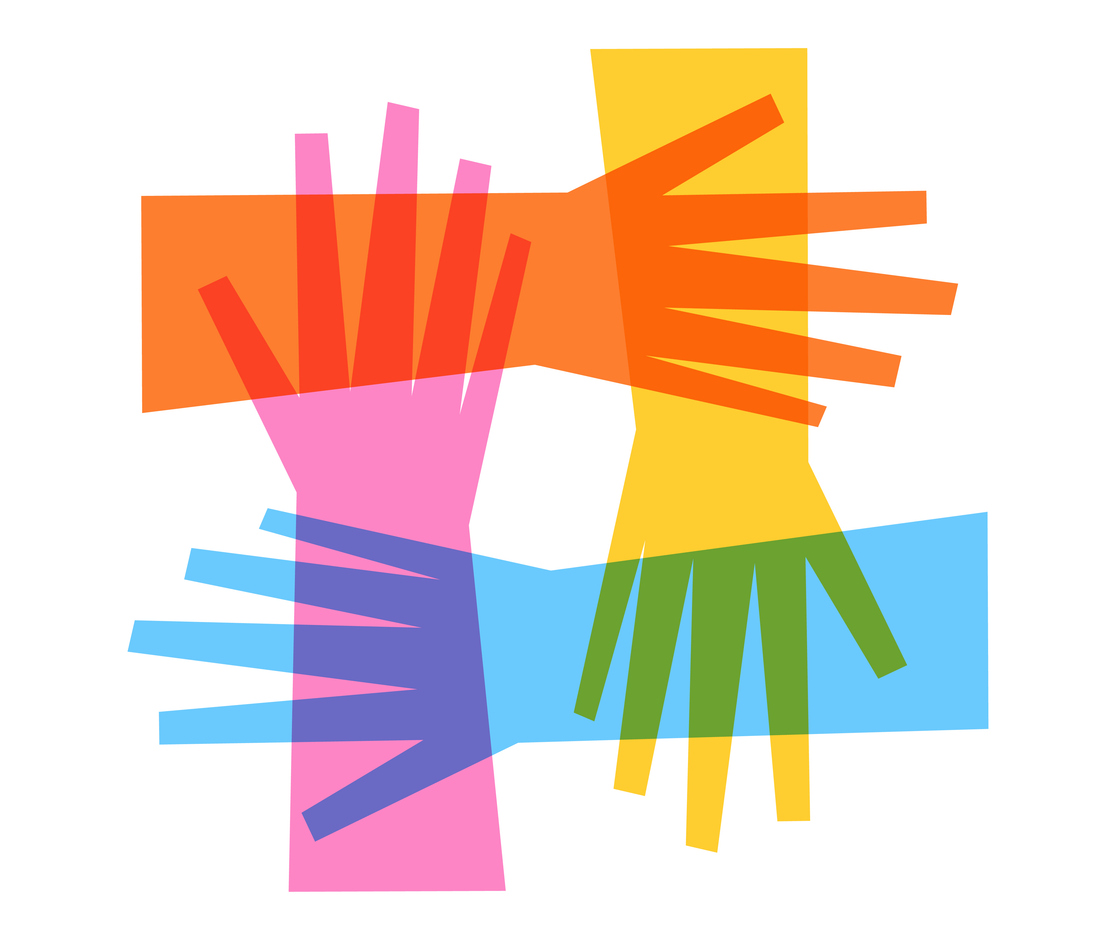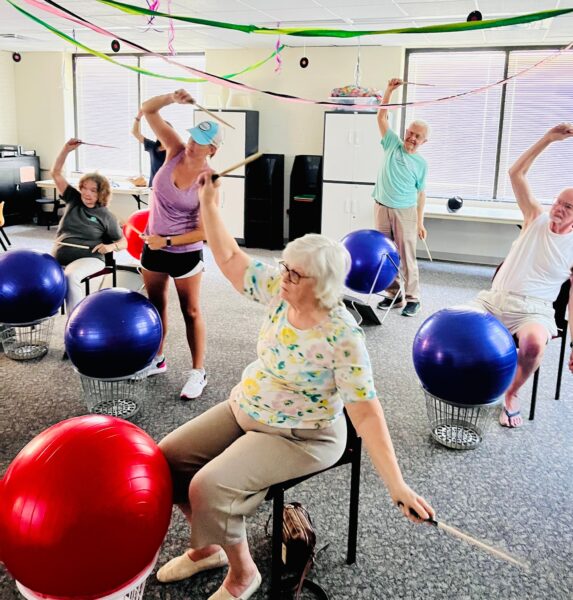Rx for Community Wellness: How Social Prescribing Can Empower Libraries to Boost Public Health

Much has been written about the US Surgeon General’s report on loneliness. Released in 2023, “Our Epidemic of Loneliness and Isolation: The U.S. Surgeon General’s Advisory on the Healing Effects of Social Connection and Community,” explicitly names libraries as part of the social infrastructure poised to make a difference in addressing the epidemic.
Concurrently, since COVID, many public libraries have embraced their role in public health initiatives. From offering vaccines and Narcan, to hosting food pantries and diaper giveaways, libraries have expanded their roles as trusted community places that provide free support without strings attached. Social prescribing, a new trend in health care, gives libraries another opportunity to make a difference in the lives of their customers.
What is Social Prescribing?
Social prescribing is connecting patients with non-clinical experiences to improve their health – both mental and physical. This could be a “prescription” from a medical provider, a social worker, pharmacist, job center, community health navigator, occupational therapist, or other helping professional. The primary goal of social prescribing is to improve health and wellbeing without medication, or with less medical intervention. Clinicians and public health workers have made referrals for years, but social prescribing is different because there is usually a mechanism for accountability, such as a job coach or community health worker. There is also the stated goal of using the resources of the library to make substantial improvements to the health of the customer, in addition to the traditional roles of the library.
How are Other Countries Using Social Prescribing?
The concept originated in England and has spread from there. In the United Kingdom, the National Health Service worked with Arts Council England to roll out a national model where all general practitioners began offering social prescribing in 2023. A UK study found that after 3 – 4 months, 80 % of patients referred to social prescribing needed fewer hospital and doctor’s visits. The prescriptions were often to visit libraries or participate in walking clubs, gardening, or arts activities.
UK libraries have an active role in furthering social prescribing for their customers. The staff members, called link workers, from the National Health Service coordinate with the library staff to channel their patients. They refer to libraries as anchors in the community that provide services, activities and resources to help drive the local social subscribing opportunities.
In countries with universal health care, the costs of social activities are covered by the benefits offered to everyone. In the United States, there are often financial barriers. Clubs often charge a fee to join, and cultural activities such as going to a museum or a theatrical performance can be costly.
How can U. S. libraries Fill the Prescriptions?
One of the keys to making social prescribing work is to make sure that the people filling the prescriptions feel safe at the places where they find meaningful activities. Libraries are already trusted community institutions, so this connection is a great fit. A concerted effort needs to be made to educate providers about what libraries can offer to their patients and clients. Libraries can also support providers as promotional partners through sharing fliers, hosting events and info tables, inviting them as guest readers for storytime and more. Many libraries are already doing so many things that could improve mental and physical wellbeing including:
- Assisting in navigating government programs and non-profit resources: Free, anonymous access to social workers and community resource guides and American Care Act navigators
- Affording food resources through partnerships with community food banks, little free pantries, community gardens, cooking clubs, and seed libraries.
- Offering health and physical fitness activities including line dancing, Storywalks, chair yoga, cardio drumming and walking clubs, health screenings.
- Hosting grief and healing activities like Death cafes, survivor groups, memory labs to digitize and preserve old photos, ancestry resources and workshops, storytelling events, and healing kits of children’s books and activities for checkout.
- Providing recovery resources like Alcoholics Anonymous, Narcotics Anonymous, Alanon meetings and crisis response support.
- Delivering reentry support such as expungement clinics, Ask a Lawyer and workforce development job help.
- Supporting arts and culture through museum, theatre, opera and ballet passes for checkout, open mic nights, poetry slams and ukelele jams.
- Celebrating nature with park passes for checkout, Weed to Read clubs and access to zoos and botanical gardens, and loaning fishing poles.
- Strengthening community and connection building with book clubs, mom’s groups, teen action groups, volunteer opportunities, sewing clubs and knitting and crochet groups,
And, of course, providing meeting space, study rooms, and a library card that will give customers access to books and digital resources for education and inspiration. Some groups have begun to consolidate the offerings to make them more accessible. Examples are Reading Friends (another name for book clubs), Arts Prescriptions (passes for museums and theatrical events), and Food Pharmacies (vouchers and coupons for health food access.)
The private sector can also benefit from social prescribing. If social prescriptions and the resulting activities can keep people out of emergency rooms, the cost savings could be dramatic, which might motivate health insurers to start covering some of the costs of non-clinical activities. If they know that libraries can offer these programs and services, the funding for libraries could benefit as well.
Prescriptions can include self-care as well. By providing opportunities and access to these programs and resources for free, some customers can bypass a clinician or medical professional and find relief or find connections that empower them to reach out if further care or support is needed. To learn more, visit Social Prescribing USA.
Social prescribing is an opportunity for public libraries to position themselves as providers of non-clinical solutions to health challenges that impact millions of people every day. Solidifying that connection with the physical and mental health providers will expand the awareness of the value of libraries and the difference librarians already know we make every day!
References
- Social Prescribing Toolkit – Developed by The Reading Agency working in partnership with Libraries Connected, with funding from Arts Council England, the Department for Digital Culture Media and Sport (DCMS) and Welsh Government
- Social Prescribing USA Website
- U.S. Surgeon General Report
Tags: lonelinessepidemic, publiclibrariesandcommunitywellness, socialprescribing










